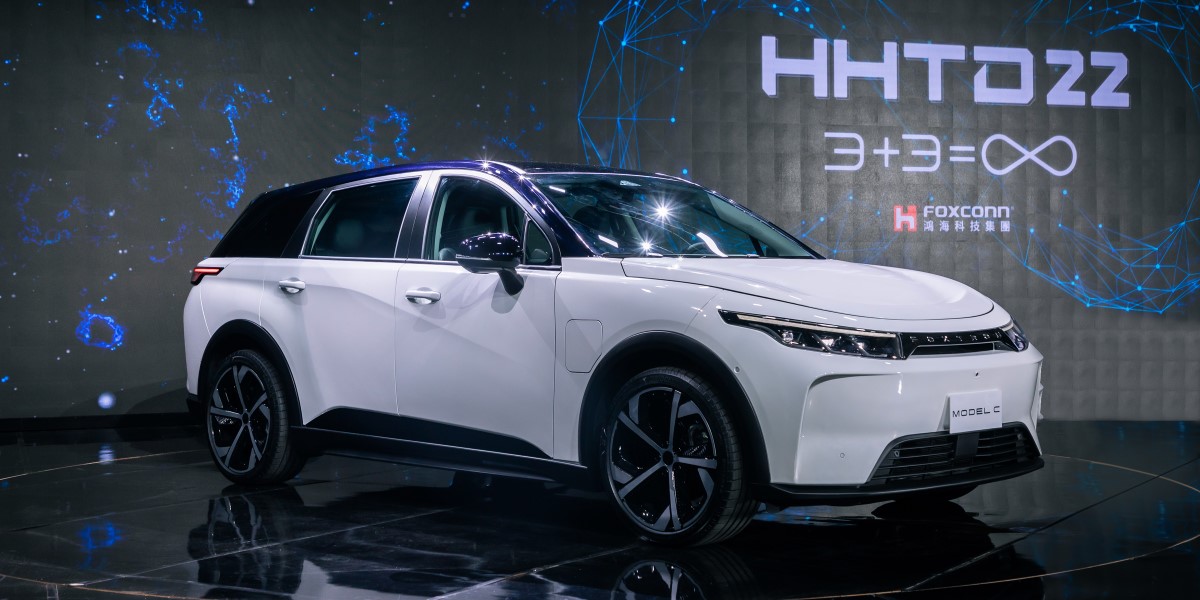
The automotive industry has been shaken this week by news that giant Japanese carmakers Nissan and Honda are contemplating a merger, with Mitsubishi Motors apparently keen to become part of the mix. A merger is not a far-fetched outcome. In March this year the three Japanese firms announced an intention to collaborate, and in August signed a memorandum of understanding they described as covering "environmental technologies, electrification technologies, and software development" and involving "a broad scope" of discussions.
That alliance was widely interpreted as the three automotive titans realizing that, if working alone, they would struggle to build electric vehicles (EVs) capable of competing strongly with rivals – despite Nissan pioneering EVs with its Leaf models. EV-only manufacturers have a head start with their software development capabilities, battery supply chains, and overall know-how. EV buyers, meanwhile, expect their purchases to have plenty of tech inside to power automation, safety, and entertainment systems that are generally more sophisticated than those offered by traditional automakers.

Since the August signing of the memorandum of understanding, little about the trio's collaboration has been heard. But plenty has been heard from Nissan, which has made thousands of layoffs and last week announced new leadership as part of a turnaround plan. According to Japanese outlet Nikkei , Taiwanese contract manufacturer Foxconn saw Nissan's troubles and pondered acquiring a big chunk of shares in the automaker.
Foxconn fancies that buy because it's already entered the EV market and aspires to become a bigger player. Nikkei has since reported that Honda is so unhappy about Foxconn's ambitions that it decided to push for a merger. Foxconn has already created EV reference designs it hopes automakers will adopt.
To date it's had limited success with that endeavor. Modern cars are sometimes blithely described as "computers on wheels," which belittles the knowledge needed to make robust and reliable vehicles. But the phrase also reflects the reality that consumers want cars that, like almost every product these days, deliver an excellent digital experience.
The likes of Honda and Nissan have not grown up delivering digital experiences. Foxconn knows how to help realize those experiences – building a few billion iPhones will teach a company what consumers want – but is yet to learn how to build cars at scale. An established automaker like Nissan, which has some EV smarts, might help Foxconn to create a business with clear ties to its core tech manufacturing practice.
Nissan and Honda, meanwhile, have responded to speculation of their merger with statements that both proclaim reports of a combo "are not based on an announcement from the Company." That's a long way short of a denial that merger talks have taken place. The whole saga is a clear sign that the tech industry is shaking up the car caper.
®.














